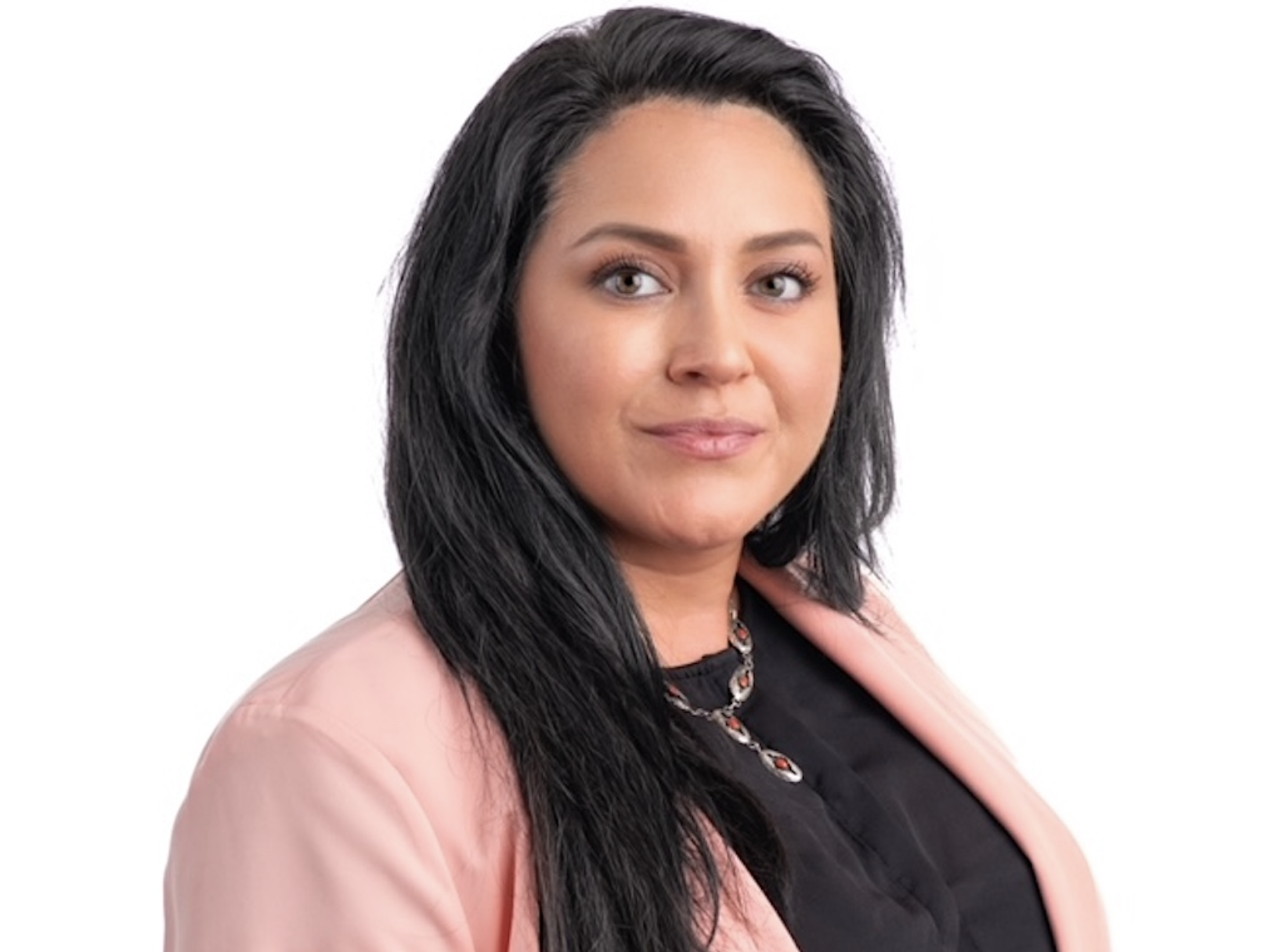
- Details
- By Native News Online Staff
This week in Tribal Business News, Navy veteran and Indigenous entrepreneur Elizabeth Perez discusses tribal energy investments.
Additionally, tribes across the country improve food security on their reservations through a $400 million program, and the Choctaw Nation of Oklahoma doubles the size of one of its busiest health clinics.
Myriad opportunities offer tribes solutions for energy resilience
Elizabeth Perez, a member of the North Fork Rancheria Mono Indians and founder of San Diego-based GC Green Inc., discusses the opportunity for tribes to leverage energy investments for economic growth and why they need to get in front of the issue of climate change.
Tribes bolster sovereignty, food security through expanded local purchasing programs
Tribes across the country are taking advantage of the USDA’s Local Food Purchase Assistance Cooperative Agreement Program to improve food security on their reservations, most often for tribal elders and needy families.
Choctaw Nation of Oklahoma to double size of McAlester health clinic with $70M renovation
Choctaw Nation of Oklahoma plans to break ground this fall on a $70 million expansion that will add 51,000 square feet and more than double the size of the tribe’s health clinic in McAlester, Okla., increasing capacity for patient volume by 65 percent.
Tribal Business News Briefs
Lastly, Native American CDFI leader Chrystel Cornelius received the prestigious Heinz Award; a Michigan tribe gets $25 million for broadband infrastructure; and MIT Solve revealed the 2022 Indigenous Community Fellowship cohort.
Tell Us What You Think
More Stories Like This
Native News Weekly (August 25, 2024): D.C. BriefsUS Presidents in Their Own Words Concerning American Indians
Monday Morning: (January 19, 2026): Articles You May Have Missed This Past Weekend
Native News Weekly (January 18, 2026): D.C. Briefs
Federal Judge Orders ICE to Halt Use of Pepper Spray, Arrests of Peaceful Protesters in Twin Cities
Help us defend tribal sovereignty.
At Native News Online, our mission is rooted in telling the stories that strengthen sovereignty and uplift Indigenous voices — not just at year’s end, but every single day.
Because of your generosity last year, we were able to keep our reporters on the ground in tribal communities, at national gatherings and in the halls of Congress — covering the issues that matter most to Indian Country: sovereignty, culture, education, health and economic opportunity.
That support sustained us through a tough year in 2025. Now, as we look to the year ahead, we need your help right now to ensure warrior journalism remains strong — reporting that defends tribal sovereignty, amplifies Native truth, and holds power accountable.
 The stakes couldn't be higher. Your support keeps Native voices heard, Native stories told and Native sovereignty defended.
The stakes couldn't be higher. Your support keeps Native voices heard, Native stories told and Native sovereignty defended.
Stand with Warrior Journalism today.
Levi Rickert (Potawatomi), Editor & Publisher

